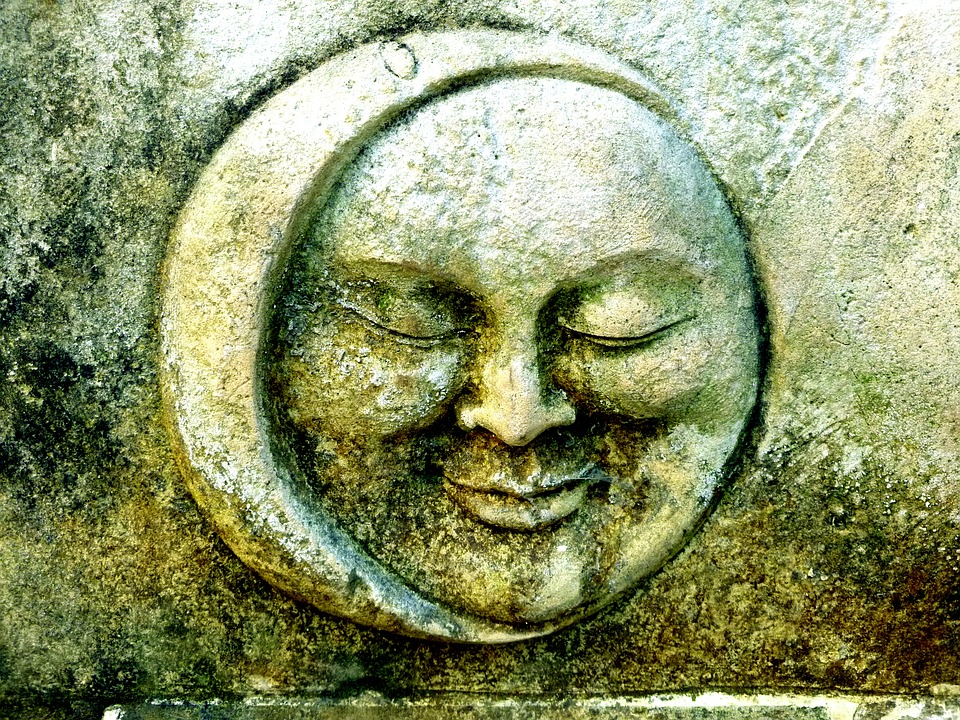Last weekend I attended my second-ever football match: Chester vs Maidstone. I was lucky enough to be a guest of the Chairman of Chester, but being born and bred and having lived in Kent for most of my life I couldn't help but quietly hope that Maidstone would do well!
The Chester crowd were in a good mood at the start of the match. Their team had been playing well and won their last game 3-0 away, so expectations were high.
The game began. I won’t lie to you: my depth of knowledge regarding football is wafer-thin and I will never be able to convincingly explain the offside rule! Even so, I was keen to enjoy the game, whoever turned out to be the winner. The two teams’ supporters set out their stalls — the crowd from Maidstone were heavily outnumbered, but singing their hearts out, and the home crowd had a huge drum they used to help with their chanting.
Maidstone scored the first goal — cue wild Kentish celebrations — but Chester quickly equalised, and the first half finished 1-1. In the second half, though, Maidstone scored twice and Chester just couldn’t come back. And my goodness, you wouldn’t believe how the mood of the match changed… No more friendly rivalry or smiles; this was war! Bad behaviour on the pitch was followed by Maidstone players getting booed by the Chester fans. It was at this point that I started to ask myself whether I really liked football!
Rinus Michels ("The General"), coach of the Dutch team that narrowly lost to Germany in the 1974 final, once said "Football is war". And it’s true. Many have written about how football can inspire strong, primitive and even tribal emotions, evoking the days when warriors put on face paint and jumped up and down in war dances. The speed of football and the collective aggression shown by each team actually encourages this.
Me? I found it a bit exhausting. I’ve never been competitive or aggressive in that way. I like to be a part of something with like-minded people. I think that’s why I was so drawn to the philosophy of yoga. Being active and taking part with a group of people who share similar values and are supportive of each other is my over-riding motivation.
I love the Olympics and the way they bring us together with a common aim. Its motto, “Citius, Altius, Fortius” (”Faster, Higher, Stronger”) is pretty inspiring, don’t you think? As is its notion that international sporting competitions should promote “warm fraternity". The pictures of Alistair and Jonathan Brownlee finishing the Olympic Triathlon and embracing at the finish line sum up what the Olympics are all about for me. It’s a real shock to read about those times when athletes taking part don’t embrace the spirit of the Games, like the story the other day of the Egyptian judoka sent home after refusing to shake the hand of the Israeli athlete who beat him.
The definition of yoga means 'union' or connection'. In Sanskrit, the word 'yoga' is used to signify any form of connection. The experience of connection is a state of yoga, a joyful and blissful, fulfilling experience. Awareness is the secret of yoga.
Most of us want to belong to or connect with something. The question is, are you part of a tribe or part of a group?!
The Chester crowd were in a good mood at the start of the match. Their team had been playing well and won their last game 3-0 away, so expectations were high.
The game began. I won’t lie to you: my depth of knowledge regarding football is wafer-thin and I will never be able to convincingly explain the offside rule! Even so, I was keen to enjoy the game, whoever turned out to be the winner. The two teams’ supporters set out their stalls — the crowd from Maidstone were heavily outnumbered, but singing their hearts out, and the home crowd had a huge drum they used to help with their chanting.
Maidstone scored the first goal — cue wild Kentish celebrations — but Chester quickly equalised, and the first half finished 1-1. In the second half, though, Maidstone scored twice and Chester just couldn’t come back. And my goodness, you wouldn’t believe how the mood of the match changed… No more friendly rivalry or smiles; this was war! Bad behaviour on the pitch was followed by Maidstone players getting booed by the Chester fans. It was at this point that I started to ask myself whether I really liked football!
Rinus Michels ("The General"), coach of the Dutch team that narrowly lost to Germany in the 1974 final, once said "Football is war". And it’s true. Many have written about how football can inspire strong, primitive and even tribal emotions, evoking the days when warriors put on face paint and jumped up and down in war dances. The speed of football and the collective aggression shown by each team actually encourages this.
Me? I found it a bit exhausting. I’ve never been competitive or aggressive in that way. I like to be a part of something with like-minded people. I think that’s why I was so drawn to the philosophy of yoga. Being active and taking part with a group of people who share similar values and are supportive of each other is my over-riding motivation.
I love the Olympics and the way they bring us together with a common aim. Its motto, “Citius, Altius, Fortius” (”Faster, Higher, Stronger”) is pretty inspiring, don’t you think? As is its notion that international sporting competitions should promote “warm fraternity". The pictures of Alistair and Jonathan Brownlee finishing the Olympic Triathlon and embracing at the finish line sum up what the Olympics are all about for me. It’s a real shock to read about those times when athletes taking part don’t embrace the spirit of the Games, like the story the other day of the Egyptian judoka sent home after refusing to shake the hand of the Israeli athlete who beat him.
The definition of yoga means 'union' or connection'. In Sanskrit, the word 'yoga' is used to signify any form of connection. The experience of connection is a state of yoga, a joyful and blissful, fulfilling experience. Awareness is the secret of yoga.
Most of us want to belong to or connect with something. The question is, are you part of a tribe or part of a group?!




 RSS Feed
RSS Feed
